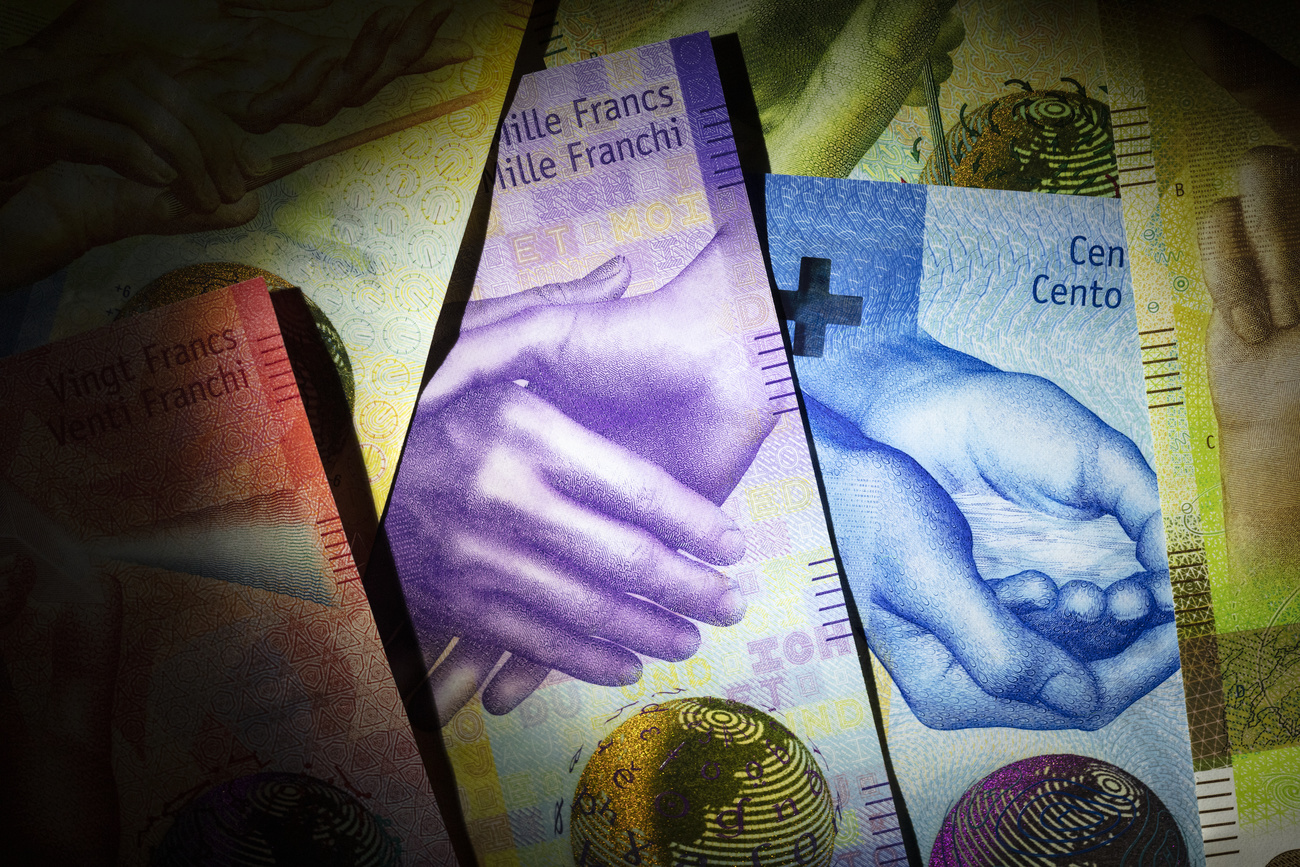
Swiss central bank trials new type of digital currency

Switzerland’s central bank has successfully completed trials on a digital version of the franc to perform instant transactions on the country’s main stock exchange. But the Swiss National Bank (SNB) hasn’t yet decided whether to go live with the project.
The move comes at a time when bitcoin has hit record values and institutional investors are moving their attention into cryptocurrencies.
In test conditions, the SNB created a so-called ‘central bank digital currency’ (CBDC) that was used to settle trades of securities. The trial, named Project Helvetia, was carried out with the Bank for International Settlements (BIS) on a prototype exchange being created by SIX Group.
The proof of concept established that a CBDC could be created, perform instant payments on trades and then be redeemed back into Swiss francs. It also established that distributed ledger technology (DLT) trading systems could link with the traditional financial infrastructure.
Several central banks around the world are also experimenting with the new form of digital money that could replace physical cash and has the potential to speed up cross-border payments.
SIX Group, which runs Switzerland’s main stock exchange, wants the SNB to produce a CBDC for its new Swiss Digital Exchange (SDX) powered by DLT. But the SNB says there are outstanding issues to be resolved before it would be prepared to do this.
“Irrespective of which technologies the financial markets adopt next, the safety and reliability of Swiss financial infrastructure must be preserved. If DLT can deliver significant improvements in securities trading and settlement, then the SNB will be prepared,” said SNB governing board member Andréa M Maechler, in a statement on Thursday.
At a press conference on Thursday, Maeschler added that DLT (a similar technology to blockchain) has yet to prove that it can deliver efficiency gains at scale without compromising security or reliability. A phase two of testing is underway to look into this question, the effect of DLT on cross-border transactions and its implications on running the central bank.
This means the new SDX exchange will likely start off using its own digital currency (SDX Coin), backed one-to-one by Swiss francs, to conduct payments for trades. SIX Group, rather than the SNB, would stand surety that SDX Coin could be re-converted back into francs.
SDX will employ DLT technology to trade new digital versions of stocks, bonds and other securities. It says DLT will allow instant transfer of securities and payment, making the traditional three-day process of clearing and settlement redundant. The new digital version of the franc is an essential part of this jigsaw but does not necessarily have to be issued by the central bank.
DLT-compatible ‘tokenised’ securities also pave the way to a potentially wider range of tradeable assets, including fractions of shares and classic cars.
SIX Group CEO Jos Dijsselhof this week said SDX would launch in the first half of next year once it has a licence to operate from the Swiss financial regulator. SIX says the project is running smoothly despite some apparent setbacks.
When the SDX project was launched in July 2018, SIX said “the first services will be rolled outExternal link” within a year. But a year later, the new exchange’s first CEO and other senior staff jumped ship. And now it appears that the revised launch date by the end of this year has been put back again.
In the meantime, a different DLT trading venue has launched in Switzerland by Sygnum bank. The SygnEx exchange is not aiming for the type of high-frequency trading that would be offered by SDX but is focusing on bringing a new range of bespoke securities onto the market.

In compliance with the JTI standards
More: SWI swissinfo.ch certified by the Journalism Trust Initiative






























You can find an overview of ongoing debates with our journalists here . Please join us!
If you want to start a conversation about a topic raised in this article or want to report factual errors, email us at english@swissinfo.ch.